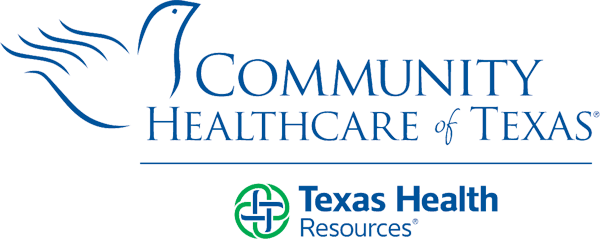What’s Your Plan?

Everyone loves a story with a happy ending. That is why we plan so carefully for many of life’s milestone moments. The arrival of a new baby. Where to go to school. Weddings. Career paths. Retirement. Even our wakes or funeral celebrations.
But there is one part of life we each experience, yet many of us fail to plan for it the way we should. It is that period leading up to our funerals, chapters of our lives where we may be fighting a terminal illness or life-threatening injury. A phase of time that may be years or months or mere weeks, days, or hours.
The best time to plan is when you are under no pressure. You have the luxury of time to think it through and talk it over with the people you love and trust. So what’s your plan? Have you made one for how you want to be treated during the final chapter of life? Is it written down or recorded? Does your family, physician, or attorney have a copy?
Instructions for how you want to be treated during the final phase of life are called advance directives. Writing your instructions down, signing them, and having two witnesses sign them can make them legal documents.
There are two primary documents included in advance directives – a medical power of attorney and a living will. There are other documents you may want to create in the event you have additional instructions to share. These documents include but aren’t limited to:
Medical Power of Attorney: Designate someone you trust to make medical decisions for you if you cannot make decisions yourself or communicate them. This person will become your legal healthcare agent.
Living Will: This document is specifically for instructing your loved ones and healthcare providers about the medical treatment you want to receive if you cannot communicate your wishes.
Do Not Resuscitate (DNR) Order: This document is completed and signed by a physician at your request to prevent using cardiopulmonary resuscitation (CPR) for restarting your heart or breathing.
CaringInfo, a program of the National Hospice and Palliative Care Organization (NHPCO), has created a complete list of instructions and documents available at no cost for preparing your advance directives.
You also can download a free copy of “The Gift” from Community Healthcare of Texas. “The Gift” is a tool to help you outline your personal information and wishes. It is designed to provide basic information to your family about your assets, liabilities, and personal desires when you cannot convey that information.
Weighing your options and making your wishes known before a crisis is a gift of peace for you and your entire family.
Note: This information is not a substitute for legal advice. If you have any questions about how these forms will help ensure your wishes are carried out, or if your wishes do not seem to fit with the form, you may wish to talk to your health care provider or an attorney with experience in drafting advance directives.
![Community Healthcare of Texas [logo]](https://www.chot.org/wp-content/themes/community-healthcare-of-texas-2019/images/logo.png)




